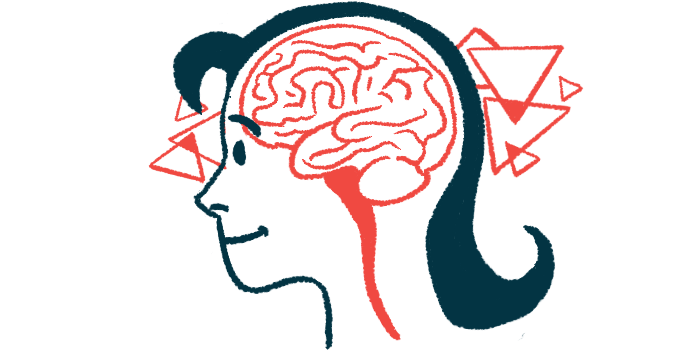Computer-based test shows promise in tracking cognitive decline
Difficulties with cognition often occur before onset of motor symptoms in Huntington's

A computer-based test called SelfCog, which tests various cognitive functions in a standardized manner, yielded promising results in assessing cognitive decline in people with early-stage Huntington’s disease, a study has found.
SelfCog demonstrated sensitivity to detect cognitive decline over a one-year follow-up, outperforming traditional cognitive assessments, and showed associations with gray and white matter damage, a hallmark of the disease.
Thee findings suggest the test could be useful for “measuring cognition in Huntington’s disease in the future,” the researchers wrote in “A new approach to digitized cognitive monitoring: validity of the SelfCog in Huntington’s disease,” which was published in Brain Communications.
People with Huntington’s have cognitive difficulties such as memory, attention, executive functions (like planning and decision-making), language, and visuospatial abilities (like recognizing shapes and objects) that often occur before the onset of motor symptoms. These impairments can significantly impact daily functioning and quality of life.
A cognitive assessment is crucial for evaluating neurodegenerative disorders. The current methods, which involve rating scales and paper and pencil tasks, are time-consuming, depend on language and education, and require in-person administration by healthcare professionals, making them costly. Improved assessments are needed to keep pace with the progress in understanding the disease and treatment options.
Here, researchers assessed the usefulness and value of SelfCog to assess people with Huntington’s.
The SelfCog is a computer-based cognitive assessment consisting of five consecutive subtests that evaluate motor skills (like hand-eye coordination), visuospatial skills, executive function, language and memory.
Testing for cognitive decline
During the test, which takes about 15 minutes to complete, participants are shown two images on a computer screen and respond by pressing a key. The images and key presses remain the same throughout the trials, with only the instructions changing. To prevent learning effects while maintaining a consistent level of difficulty, an algorithm randomly selects images from among 200 pairs of pictures.
Researchers asked 51 people with early-stage Huntington’s and 40 healthy people of similar age, sex, and education levels to take a comprehensive test battery that comprised SelfCog, standard paper and pencil tests, and brain magnetic resonance imaging (MRI) scans at the study’s start, one month later, and a year later.
Participants were from France, the U.K., and Germany, and those with Huntington’s had the disease for a mean of 4.5 years. SelfCog was presented to them in their language of choice (French, English, or German).
Both SelfCog and standard paper and pencil tests could distinguish people with Huntington’s from healthy people at baseline and a month later. With SelfCog, those with Huntington’s were slower and less accurate than healthy people, meaning they didn’t perform as well.
When the researchers looked at the cognitive decline from baseline to a year later, they found SelfCog had a larger effect size compared with paper tests. A larger effect size generally indicates a stronger relationship or difference between variables, while a smaller effect size suggests a weaker or more subtle effect. This means SelfCog preformed better at understanding differences in cognitive function between the beginning and the study’s end.
Moreover, SelfCog mirrored changes in brain MRI scans, with lower performances linked to shrinkage (atrophy) of the brain’s white and gray matter “coherent with cerebral damage of the condition,” the researchers wrote, adding the findings suggest SelfCog could help doctors track Huntington’s progression better and it “could be used as an end-point in clinical trials aiming to slow down cognitive impairment progression or as a variable of diagnostic or prognostic interest in the disease.”






